Nicolas Feuillatte Cuvée Gastronomie Réserve Exclusive Brut Champagne
$34.00
PROOF24 (12% ABV)
About Nicolas Feuillatte Cuvée Gastronomie Réserve Exclusive Brut Champagne
The story of Nicolas Feuillatte, the youngest of the great Champagne Maisons, starts with The Champagne Wine Centre founder Henri Macquart and Nicolas Feuillatte, a businessman. Together with several winegrowers, they created the Champagne Nicolas Feuillatte brand in 1976. It all started in 1972 when the Centre Vinicole was founded by Macquiart in Cote des Blancs, allowing for winegrowers to join forces when selling their grapes after a surplus harvest.
The brand joined forces with the Centre Vinicole in 1986, laying the groundwork for the brand as we know it today. By 1995, 1 million bottles of Nicolas Feuillatte were sold annually, the number growing tenfold in the following 2 decades. At the time, the brand was distributed in 80 countries globally. After 2 years of work, a new head office of the Centre Vinicole was finished in 2017. Located in the center of the vineyards, there is an area for visitors on the premises.
The Champagne is crafted under the watchful eye of Cellar Master Guillaume Roffiaen, who was appointed Director of Winemaking and Quality in 2014. Channeling the harmony, finesse, and freshness of the region into the Champagne, the wine is crafted with a selection of grapes from grands and premiers crus. It’s this variety of terroir that results in the signature complex, fresh, fruity, and mineral style of the brand. The Réserve Exclusive Brut, also known as the Blue Label, is their flagship offering that’s crafted with 40% Pinot Noir, 40% Meunier, and 20% Chardonnay. You’ll find aromas of juicy pear and apricot that pair beautifully with fish and poultry.
Get your bottle of this Champagne today!
About Champagne
Champagne has been associated with royalties since the 17th century, still maintaining its glorious reputation.
The French take Champagne seriously, so coming from the Champagne region of France isn’t the only requirement that keeps this drink from being “just sparkling wine.” The rules of the appellation require specific vineyard practices, particular types of grapes, specific pressing methods, and secondary fermentation of wine.
Be the first to review “Nicolas Feuillatte Cuvée Gastronomie Réserve Exclusive Brut Champagne” Cancel reply
Related products
Champagne
Champagne
Champagne
Champagne
Champagne
Champagne
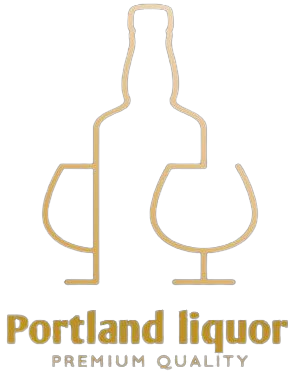



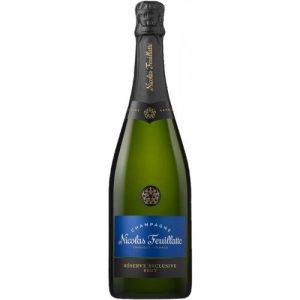
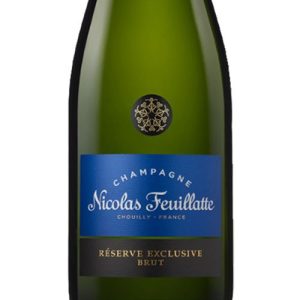
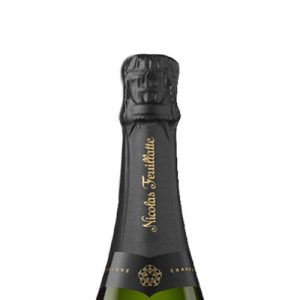
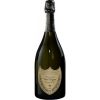
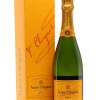
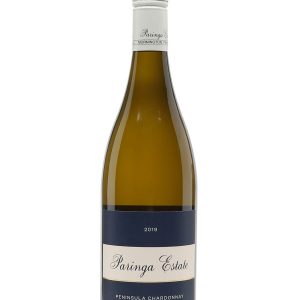
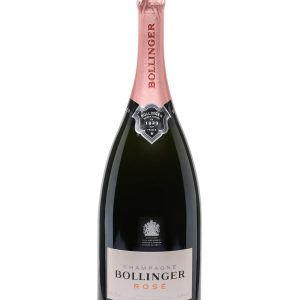
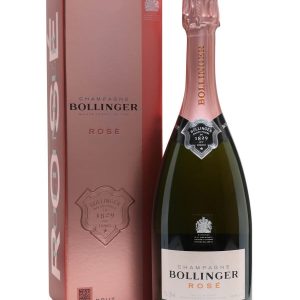
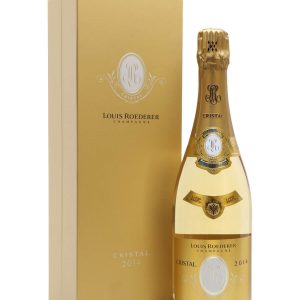
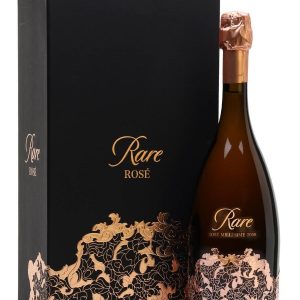
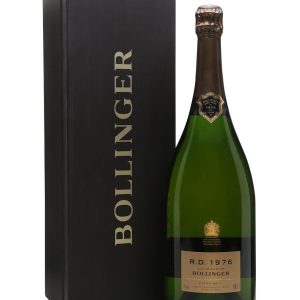
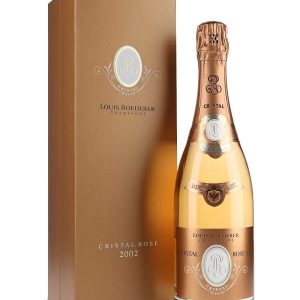
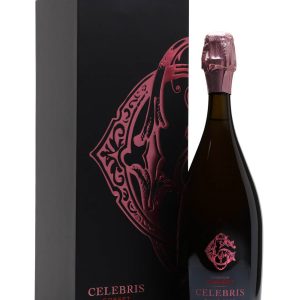
Reviews
There are no reviews yet.